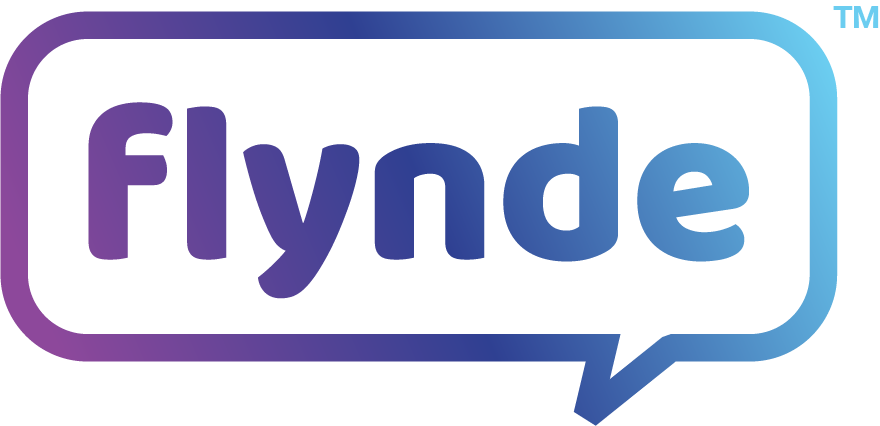Embracing and Supporting Neurodivergence at Your Workplace
In case you miss it, the unemployment rate for neurodiverse adults is 30-40%, according to CultureAmp.com. This figure is three times higher than the unemployment rate for those with physical disabilities and eight times higher than the unemployment rate for non-disabled people. First and foremost, neurodiversity refers to the concept that everyone thinks, learns, and behaves differently. Neurodivergence simply means that an individual's brain functions differently from what would be considered "typical."
However, in the context of human resources, neurodivergence is decoded into several conditions like attention deficit hyperactivity disorder (ADHD), autism spectrum disorder (ASD), dyslexia, dyscalculia, dysgraphia, dyspraxia, Tourette’s, etc. While these personnel groups are much more vulnerable to labour shifts and lay-offs, they are usually under the radar regarding supporting regulations and policies. Companies must start identifying and supporting neurodivergent individuals to help them contribute their unique talents and perspectives.
It starts with education
The hard truth is that not every company or person fully understands neurodiversity. Therefore, one of the most fundamental steps toward neuroinclusion is educating all employees about neurodiversity. This involves understanding that neurological differences are natural variations of the human experience, not deficits. Training programmes can dispel myths and reduce the stigma associated with neurodivergent conditions.
Every person in a workplace is unique.
For instance, Auticon offers an eLearning course designed to raise awareness and provide practical tips for supporting neurodivergent colleagues. Such training helps create a supportive company culture and equips managers with the knowledge to make simple adjustments that benefit everyone. Some institutions, such as Stanford University, offer affiliate programmes that help companies raise neurodiversity awareness among all employees and build relevant policies.
Actions matter
From the foundation of awareness and policies, companies can move forward to carry out adequate actions to realize their neuroinclusion policies. In response to traditional recruitment methods, which can inadvertently disadvantage neurodivergent candidates, your organization may consider using clear job descriptions that use straightforward language and focus on essential skills and responsibilities. Consider using alternative assessment methods, like incorporating work trials or practical tasks, instead of relying solely on interviews, which may not accurately reflect a candidate's abilities. Structured interviews, where questions are provided in advance and candidates are allowed to present their skills in various formats, can also be beneficial.
Staff members may lack awareness of neurodiversity. Make sure that this concept is recognized by all.
Diversifying approaches in the employment process will yield remarkable benefits for the company and the staff. According to the Chartered Institute of Personnel and Development (CIPD), making these adjustments can lead to a more inclusive hiring process, enabling neurodivergent individuals to showcase their strengths effectively.
Give a helping hand
After hiring neurodivergent individuals, providing support tailored to their specific needs is crucial. This can include flexible work arrangements, such as adjusted hours or remote work, to align with individual preferences. Additionally, you can modify workspaces to minimize sensory overload, including providing noise-cancelling headphones and designating quiet zones. Clear communication is also essential and can be achieved by using explicit instructions and offering information in various formats.
Neurodiversity programmes may bring remarkable results to your business.
Integrating neurodivergent individuals into the workforce has enhanced productivity and innovation. For instance, research indicates that teams that include neurodivergent professionals can be up to 30% more productive than those without them. Additionally, companies implementing neurodiversity programmes have experienced various benefits, including improved accuracy and innovation. Furthermore, increasing employment rates for neurodivergent individuals can significantly boost the economy.
Don’t just stop there
Neuroinclusion should be centred around genuine care for others instead of a tool to enhance a company's image (of course, it can be both). Expanding neuroinclusion in the workplace starts with fostering an inclusive culture that values neurodiversity. Encouraging open dialogue, recognizing strengths like creativity and attention to detail, and implementing mentorship programmes can help break stigmas and support professional growth.
Neuroinclusion should start from true care for others.
You can also consider leveraging external expertise and continuously improving policies. Partnering with groups like Auticon or research institutions like Stanford for neurodiversity training equips your employees to support their colleagues better. You can ensure sustained progress with regular feedback, policy assessments, and tracking metrics like retention and satisfaction. You can’t go wrong with advocating neuroinclusion.
Building a neuro-inclusive workplace isn’t just about compliance but about unlocking potential. When your company embraces neurodiversity, you foster innovation, enhance teamwork, and create an environment where everyone can thrive. By continuing to listen, learn, and adapt, you don’t just support neurodivergent employees—you build a stronger, more dynamic future for everyone. It’s a mindset that transforms workplaces for the better.
About the Author
Bert Nguyen is a Copywriter with Flynde, a global company specializing in translation solutions for businesses of all sizes.
Discover the best-in-class translation solutions for your business. Trusted & certified for all languages with locations in Australia, Singapore, Switzerland & the USA. Flynde takes human translation strategies and uses advanced technologies to deliver them to our customers across our three business lines: Flynde for startups, Flynde for small businesses, and Flynde for corporations.
For more information, contact us at hello@flynde.com





